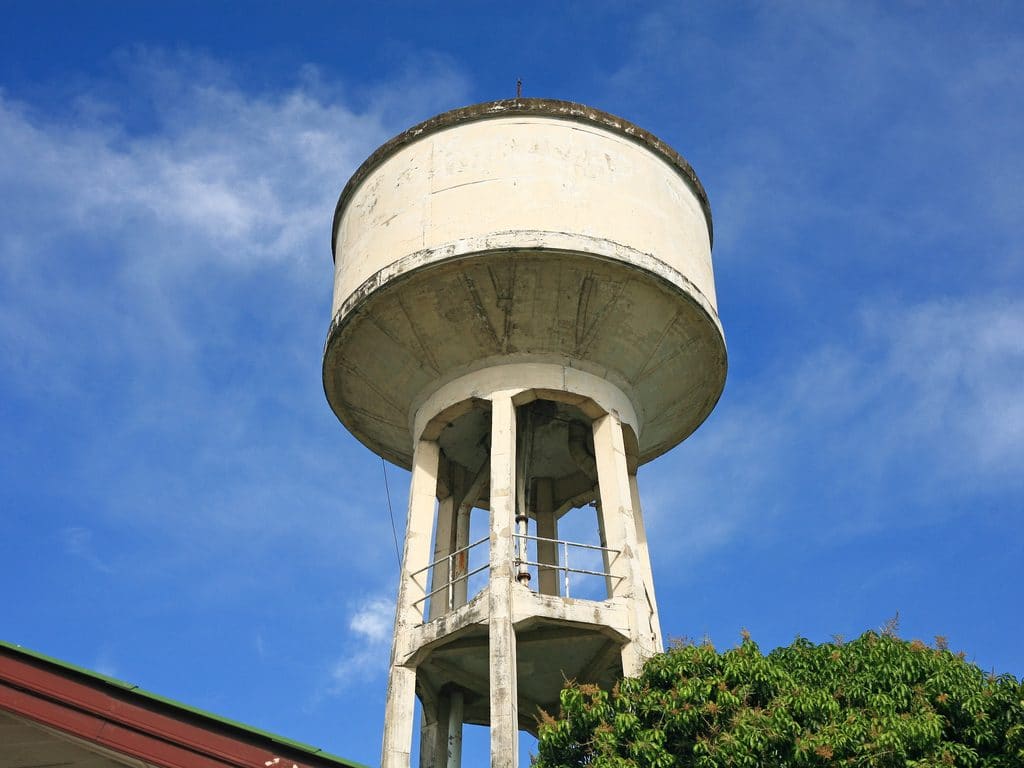Moussa Sanogo, Secretary of State to the Prime Minister in charge of the Budget and Portfolio of the State of Ivory Coast, recently visited the small town of Kamassela, in the Bafing region of Woroba District, in the northwest of the country. The purpose of this trip was to preside over the inauguration ceremony of a drinking-water supply system.
It consists of a borehole equipped with an electric pump that supplies a 15 m high water tower with a capacity of 25 m3. The facility is likely to provide drinking water to 1,500 people. Its construction required an investment of 160 million CFA francs (nearly 244,000 euros). Funding was provided by the Water Development Fund (WDF) in Ivory Coast.
A WSP in Kondrokro Djassanou
The other locality benefiting from a water supply project is Kondrokro Djassanou, in the Aries region, Lakes District, in central Ivory Coast. The Ivorian Minister of Equipment and Road Maintenance, Amédée Koffi Kouakou, visited the locality for the inauguration ceremony of the facility.
It is a borehole that pumps water from the groundwater table using an electric motor to provide a 15 m high concrete water tower with a storage capacity of 100 m3. The facility is expected to provide drinking water to 5,000 people in this small town.
The commissioning of these installations is part of a major project to build 21 drinking water supply lines in semi-urban areas of Ivory Coast. They have all been put into operation in recent days as part of the “Water for All Programme” launched by the current government. The aim is to provide access to drinking water for all the people of Ivory Coast by 2020. To achieve this objective, the government has allocated a budget of 1,320 billion CFA francs, or more than 2 billion euros.
The latest project of the “Water for All Programme” is the rehabilitation of 21,000 human-powered pumps. They were built in rural areas throughout the country. The Ivorian government estimates that the rehabilitation and maintenance of these infrastructures should cost a total of 15 billion CFA francs, or nearly 23 million euros.
Jean Marie Takouleu
